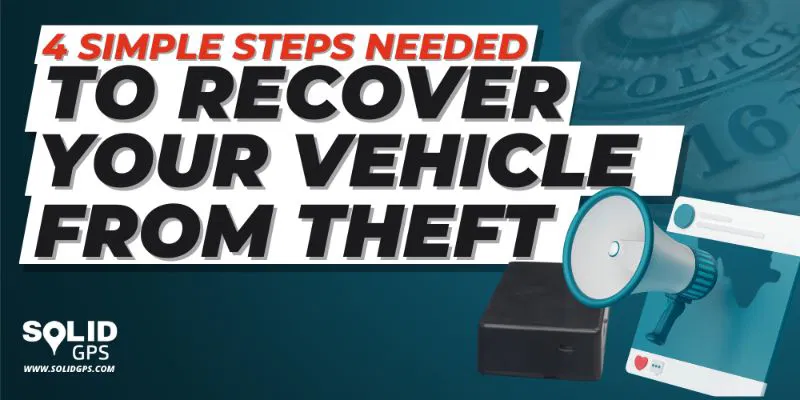Features You Need To Look For In A Reliable GPS Tracker
Whether you’re managing a fleet, protecting a high-value asset, or monitoring loved ones, finding the right GPS tracker is crucial.
While GPS trackers may seem straightforward at first glance, the variety of features they offer can make choosing the best one a daunting task.
This article highlights the essential features of a reliable GPS tracker and explains how these can meet diverse needs across personal and business applications.
1) Real-Time Tracking
Real-time tracking is the cornerstone of a dependable GPS tracker. Unlike passive tracking systems that store location data for later retrieval, real-time trackers provide continuous updates on your vehicle or asset’s whereabouts.
Key factors to consider in real-time tracking include:
- Location Update Intervals: Short update intervals (e.g., every 2 minutes) are ideal for precise monitoring but may reduce battery life. Trackers with adjustable intervals offer a balance between accuracy and longevity.
- Multiple Satellite Systems: Devices that leverage multiple satellite constellations provide enhanced accuracy and reliability by minimising downtime.
- Ease of Use: While premium models come with extensive features, they may be overwhelming. A simple tracker with essential capabilities can be a practical starting point.
2) Geofencing Alerts
Geofencing allows users to set virtual boundaries and receive alerts when these are crossed. This feature is invaluable for both personal and business use.
Applications of Geofencing:
- Fleet Management: Monitor if vehicles leave assigned routes or designated areas.
- Personal Safety: Receive notifications if a child or elderly relative crosses a predefined boundary, such as leaving school or a care facility.
- Theft Prevention: Set boundaries around your parked vehicle to be alerted if it’s moved unexpectedly.
A reliable tracker ensures instant notifications via multiple channels (e.g., SMS, mobile apps) for a timely response.
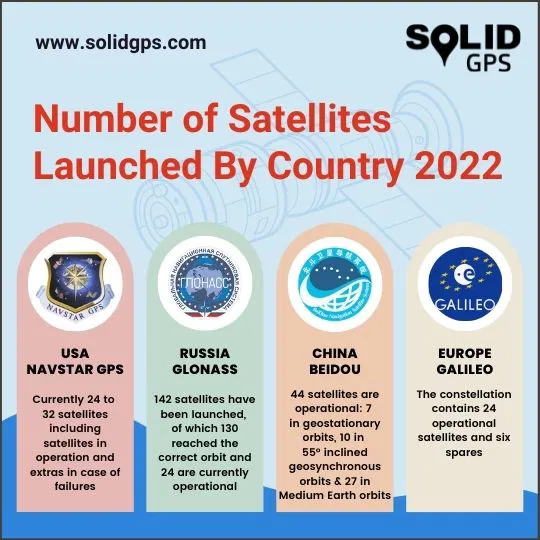
3) Driver and Vehicle Safety Features
Modern GPS trackers go beyond location monitoring by enhancing driver and vehicle safety.
Key Safety Features:
- Speed Monitoring: Alerts for excessive speed help promote safer driving habits.
- Harsh Braking Detection: Identify risky driving behaviours to reduce accidents.
- Unauthorised Usage Alerts: Receive notifications if the vehicle operates outside authorised hours or by unauthorised drivers.
These features are particularly beneficial for fleet operators aiming to improve efficiency and ensure driver accountability.
4) Subscription and Cost Considerations
While many GPS trackers require ongoing cellular data subscriptions, there are alternative options available to help reduce costs.
Cost-Saving Options:
- WiFi-Enabled Trackers: These devices use WiFi for data transmission instead of cellular networks, eliminating the need for monthly subscription fees.
- Flexible Plans: Some trackers offer tiered subscription options based on usage, allowing you to choose a plan that fits your specific needs and budget.
- Low-Cost Plans: Opting to use a tracker with simple features will generally ensure that the subscription they provide is cost-effective & reasonable.
When selecting a GPS tracker, it’s essential to weigh the upfront cost against the long-term operating expenses to ensure you make a cost-effective choice that aligns with your tracking requirements.
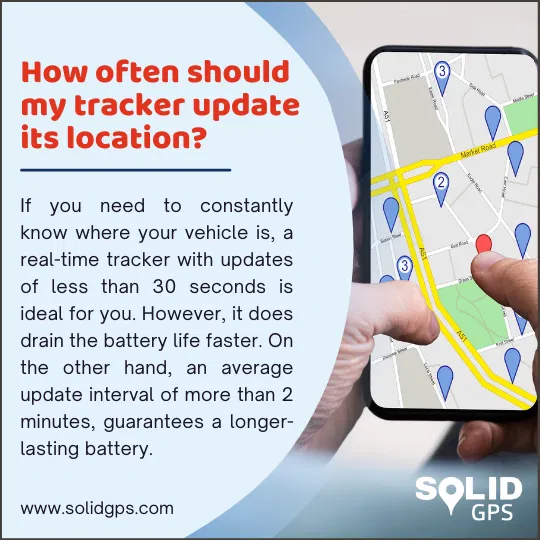
5) Durability and Power Options
GPS trackers must withstand various environmental and usage conditions, making durability and power options critical considerations.
Key Features for Durability:
- Weatherproofing: Waterproof and rugged designs are essential for outdoor or heavy-duty applications, such as tracking equipment on construction sites.
- Magnetic Cases: Enable secure attachment to vehicles or assets without permanent installation.
Power Options:
- Battery-Powered Trackers: Suitable for portable applications like tracking tools or personal items. Look for devices with long-lasting batteries, such as the Solid GPS tracker, which balances frequent updates with extended battery life.
- Hardwired Trackers: Ideal for vehicles, offering uninterrupted power and continuous operation without the need for recharging.
6) Customisation in Alerts and Reporting
Advanced trackers allow users to tailor alerts and reports to their specific needs.
Customisable Features:
- Alerts: Set notifications for low battery, geofence breaches, or maintenance reminders.
- Reports: Detailed analytics help businesses track fuel usage, driver behaviour, and overall fleet efficiency.
These features enable proactive decision-making and improved resource management, particularly for fleet operators.
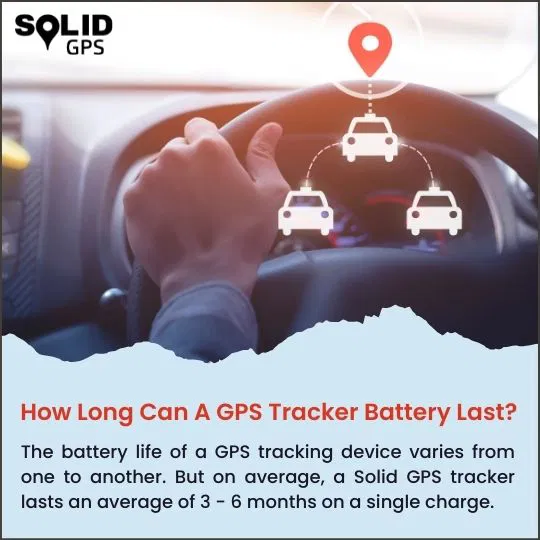
7) Ease of Installation and Use
The complexity of installation can be a significant barrier, especially for users without technical expertise.
To address this, many GPS trackers are designed for quick and simple setup, making them accessible to a wider audience.
Examples of Easy Installation Options:
- Plug-and-Play Devices: These trackers connect directly to a vehicle’s diagnostic port such as the OBD-II, enabling users to start tracking without the need for additional tools or complicated installation procedures.
- Magnetic/Velcro/Zip Ties Attachments: Battery-powered trackers equipped with strong magnetic bases, velcro or zip ties offer a flexible solution for temporary or portable use, allowing easy attachment to vehicles or other assets.
Such user-friendly designs ensure that GPS trackers can be deployed quickly and effectively, even by non-technical users.
8) Diverse Use Cases
While GPS trackers are commonly associated with vehicles, their applications extend far beyond.
Additional Use Cases:
- Children and Elderly: Compact trackers with wearable options ensure the safety of vulnerable family members by allowing real-time location monitoring.
- Pets: Attach small GPS devices to collars to locate wandering pets quickly.
- Tools and Equipment: Track high-value items, such as power tools or machinery, with durable and portable trackers designed for challenging environments.
Selecting a tracker tailored to the specific use case ensures optimal performance and peace of mind.
9) Global and Multi-Platform Coverage
For users who travel internationally or operate across regions, global compatibility and multi-platform access are essential.
Features for Broader Coverage:
- Global Connectivity: Trackers that use cellular, WiFi, and Bluetooth technologies offer seamless coverage worldwide, making them suitable for international travellers or businesses with cross-border operations.
- Multi-Platform Monitoring: Accessing tracking data on mobile apps, web platforms, and tablets ensures you stay informed, regardless of the device you’re using.
Global compatibility eliminates the worry of losing coverage in remote or unfamiliar locations.
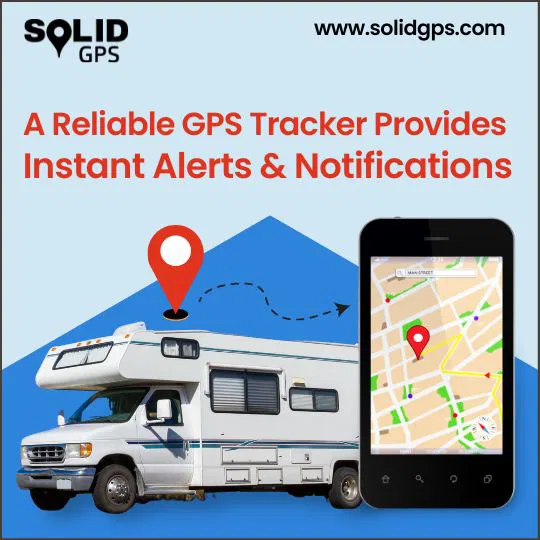
Conclusion
A reliable GPS tracker is more than just a location-monitoring tool—it’s an investment in safety, efficiency, and peace of mind.
From real-time tracking and geofencing alerts to customisable reporting and multi-platform compatibility, the right GPS tracker adapts to your unique needs, whether for personal use or business operations.
Before making your purchase, it’s essential to assess your priorities, such as battery life, installation ease, and subscription costs, to ensure you find the perfect fit.
Still have questions about choosing the ideal GPS tracker, explore our FAQ section below for more answers to common questions.

